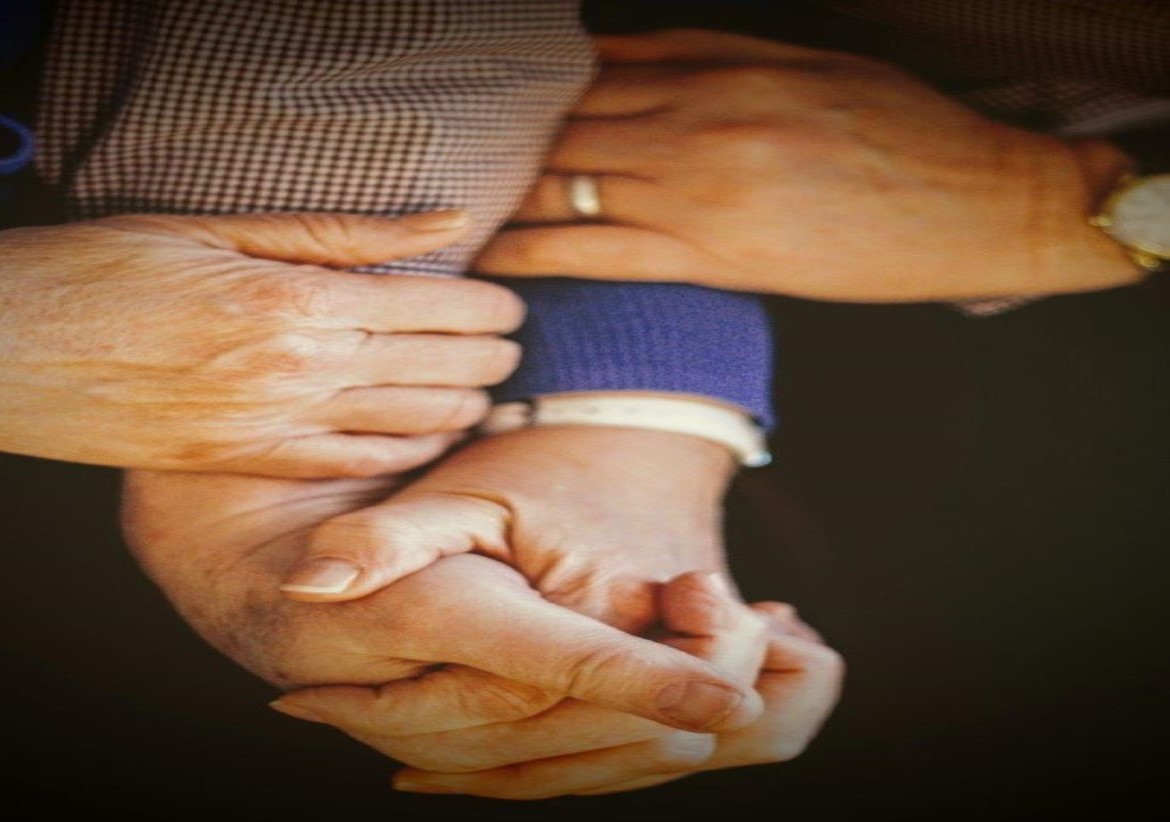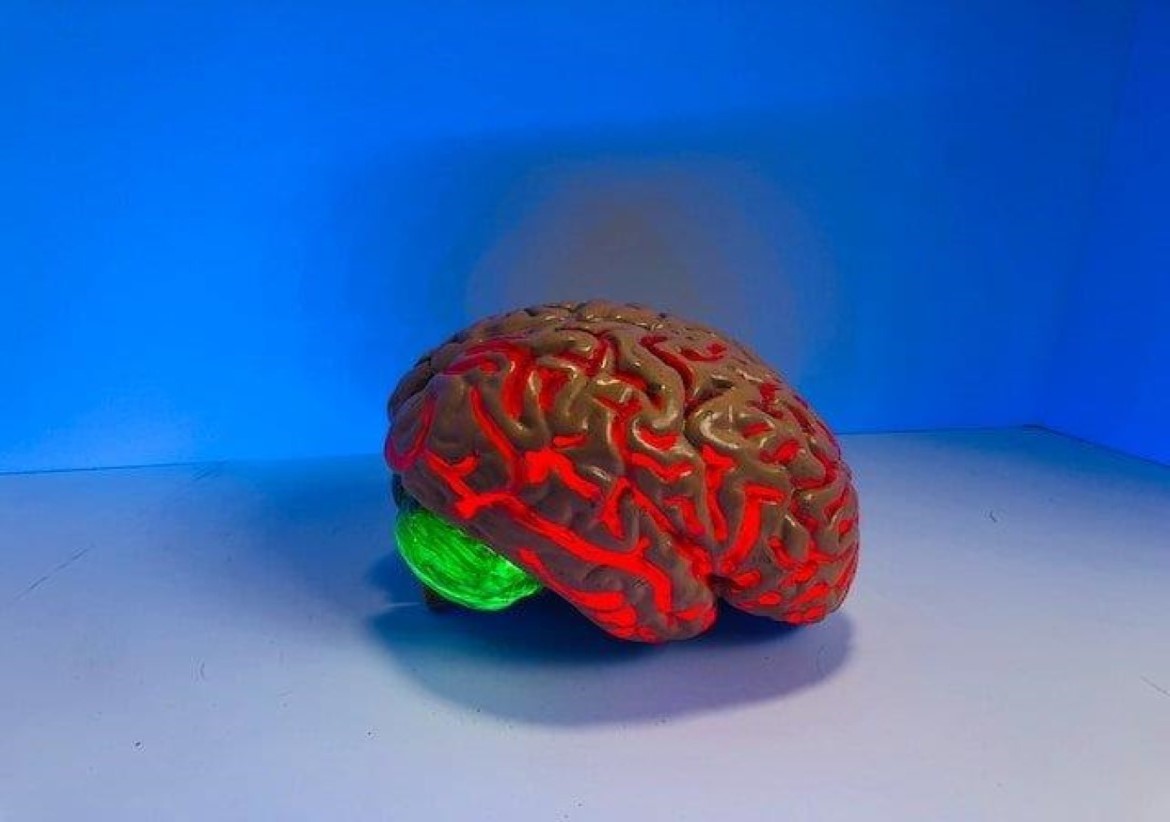The End-of-Life Care course prepares healthcare practitioners to provide compassionate and thorough care to terminally ill patients. This seminar will cover the physical, mental, and spiritual components of end-of-life care, stressing comfort and respect.
Recognizing End-of-Life Transitions:
Examine the changes that come about in terms of both the body and the mind at this time. Analyze trends in the development of terminal illnesses and emphasize the value of early discussions and long-term care planning.
Management of Symptoms:
Acquire the practical knowledge necessary to effectively manage symptoms linked with deadly conditions, such as pain, shortness of breath, and nausea. Explore both drug-based and non-drug-based techniques to improve patient well-being in order to gain an understanding of how hospice care can give essential support in the management of these symptoms.
Psychosocial and Spiritual Care:
Acknowledge the significance of attending to the mental and spiritual needs of persons and their families who are approaching the end of their lives in addition to their physical demands. Discover powerful communication techniques that establish a secure environment for bringing up delicate subjects and offering emotional support. Examine various sociocultural viewpoints around dying and death.
This training is essentially about equipping medical professionals to provide end-of-life care that extends beyond basic medical care. Through exploring the psychological, spiritual, and physical aspects, participants acquire a comprehensive comprehension of how to provide end-of-life care with compassion and expertise. Proactive dialogue, careful symptom management, and all-encompassing support for patients and their families are all encouraged in this course.

















nzb04c
qp4cy1
laguci
wg12um
i77doz
zxqb2q